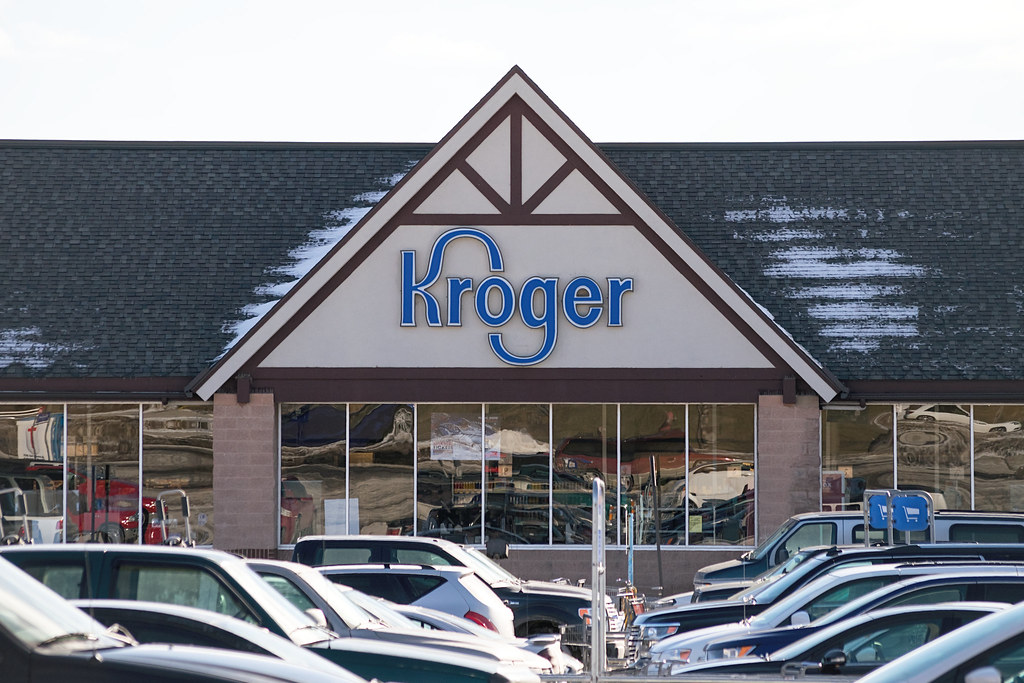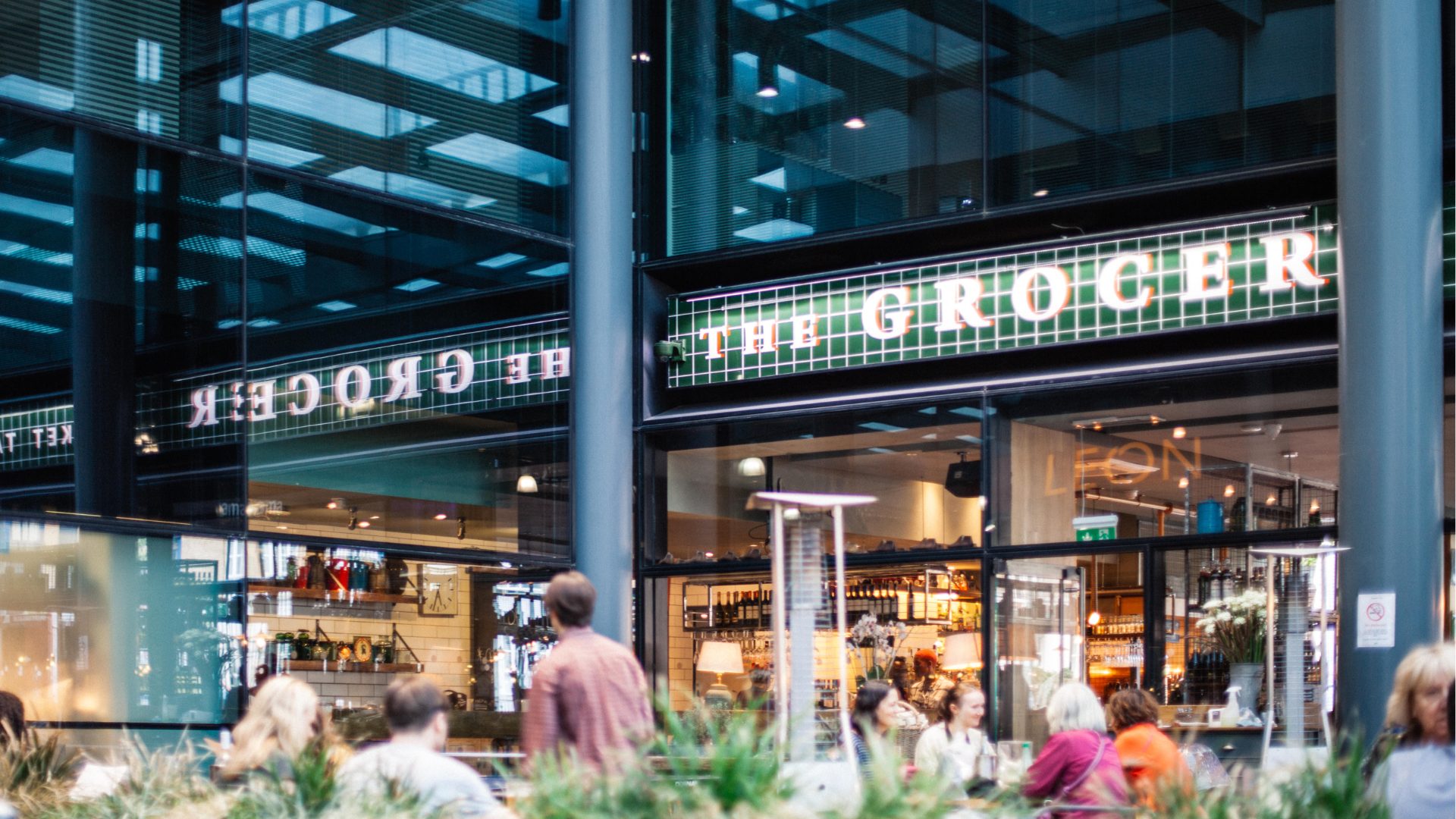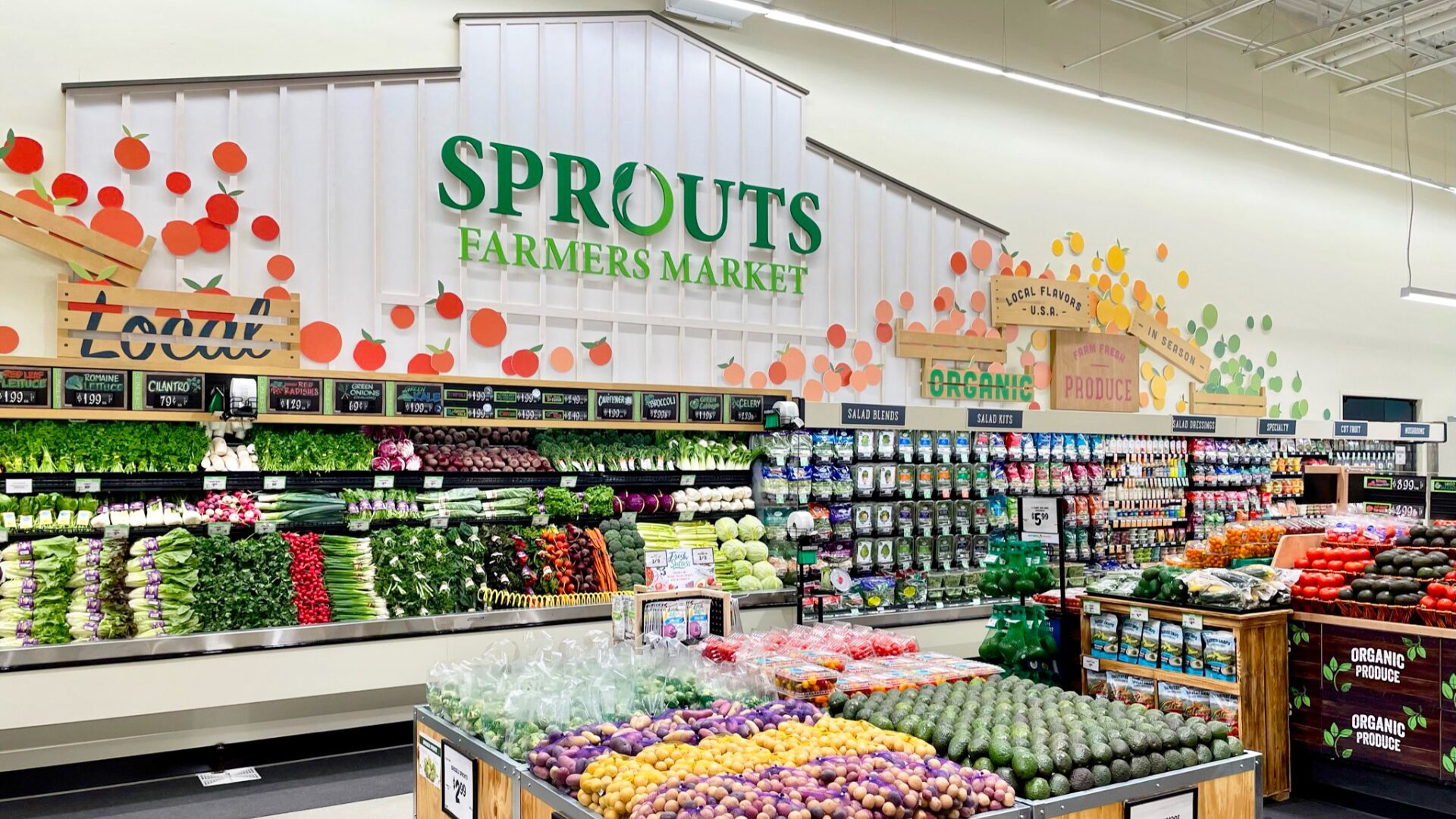A pair of federal judges in the Northwest rejected arguments that a merger between Albertsons and Kroger was necessary to compete with the likes of Walmart and Costco, prompting Albertsons to file suit, accusing Kroger of failing to take the necessary steps to win government approval of the deal.
Albertsons said in a statement: “Kroger willfully breached the merger agreement in several key ways, including by repeatedly refusing to divest assets necessary for antitrust approval, ignoring regulators’ feedback, rejecting stronger divestiture buyers and failing to cooperate with Albertsons.”
“This decision gives independent and regional retailers a real chance to stand out. Without the pressure of another mega-merger, there’s an opportunity to focus on what matters most – delivering a great customer experience,” Alasdair James, chief commercial and marketing officer for Swiftly, told The Food Institute.
The merger rulings came down in Portland, Oregon, and Seattle. U.S. District Judge Adrienne Nelson in Portland issued a preliminary injunction following a three-week hearing and Judge Marshall Ferguson in Seattle issued a permanent injunction, concluding the Federal Trade Commission was likely to prevail in its effort to prevent the merger until an in-house administrative judge could review the case for antitrust issues.
A merger would create the largest U.S. grocery chain: Kroger owns more than 2,700 stores under more than 20 names while Albertsons operates 2,200 stores. The deal, announced in 2022, is worth $24.6 billion and would affect some 700,000 employees.
It was unclear whether the companies would appeal the decisions. A spokeswoman for Kroger told The New York Times the company was reviewing its options.
Attorneys general in Arizona, California, Illinois, Maryland, Nevada, New Mexico, Oregon, Wyoming and the District of Columbia joined the FTC in opposing the merger.
“Based on the evidence presented, the court finds that the merger would lead to undue market concentration in multiple geographic markets,” Nelson wrote in her decision, maintaining that the deal would still be viable depending on the outcome of the FTC proceedings.
Ferguson found the effect of a merger “may substantially lessen competition in Washington.”
“In short, the court blocks the merger,” Ferguson ruled.
Henry Liu, director of the FTC Bureau of Competition, called Tuesday’s decisions “a major victory for the American people.”
“This historic win protects millions of Americans across the country from higher prices for essential groceries – from milk to bread to eggs – ultimately allowing consumers to keep more money in their pockets.
“This victory has a direct, tangible impact on the lives of millions of Americans who shop at Kroger or Albertsons-owned grocery stores for their everyday needs.”
During the Portland trial, Albertsons warned it might have to close stores and lay off employees should the merger be blocked. Kroger executives pledged to invest $1 billion to lower prices.
The two sides argued about the definition of a grocery store, the FTC saying the sector excludes stores like Aldi, Dollar General, Amazon, Whole Foods and Costco.
“The grocery market is far more diverse, far more competitive … than the grocery market described by the FTC,” Scott Moses, the head of grocery, pharmacy and restaurant investment banking at Solomon Partners, told The Washington Post.
The grocery sector has seen a series of consolidations in the past 35 years, with just four companies – Walmart, Kroger, Costco and Albertsons – currently accounting for about half of sales, with Walmart alone accounting for about 22%. The FTC argued a merger between Kroger and Albertsons would affect more than 1,000 communities, reducing competition and leading to higher prices.
Rodney McMullen, Kroger’s chief executive, told investors earlier this month the company doesn’t need mergers to be successful but that an Albertsons merger would have a lot of potential.
Swiftly’s James urged smaller retailers to take advantage of the court orders by using retail media to personalize the shopping experience to connect with customers.
“To stay competitive, independent and regional retailers need to lean into digital innovation and work with technology partners who can help them level the retail playing field. The tools are out there – now’s the time to use them.”
The Food Institute Podcast
Is it possible to balance a legacy brand and innovative ideas for a food company? Bibie Wu, chief communications and technical development officer with Del Monte, shares how her company respects its past while looking to the future, and how her dual roles in marketing and product development inform each other and improve the company.












